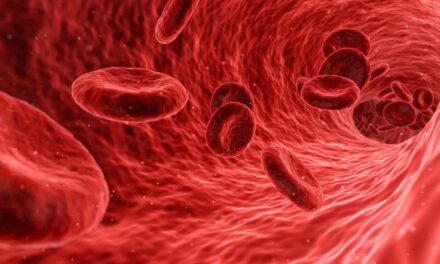On World Haemophilia Day, medical experts have highlighted the potential of gene therapy in offering a cure to individuals with haemophilia, a hereditary blood disorder characterized by the absence of clotting factors necessary for proper blood coagulation.
Haemophilia, observed on April 17 each year, aims to raise awareness about this debilitating condition caused by missing or defective clotting proteins, such as factor VIII (FVIII), which is essential for forming blood clots.
Dr. Tanmay Deshpande, Consultant General Paediatrics and Paediatric Genetics and Metabolic Diseases at Sir HN Reliance Foundation Hospital, emphasized the importance of understanding the genetic basis of haemophilia for affected individuals and healthcare providers. Genetic counselling plays a crucial role in assessing inheritance risk and guiding reproductive decisions.
India, home to an estimated 136,000 people living with haemophilia A, faces significant challenges in diagnosis and treatment. According to data from the Haemophilia & Health Collective of North (HHCN), around 80 percent of haemophilia cases in India remain undiagnosed due to limited screening capabilities in medical institutions.
However, the advent of gene therapy offers new hope for individuals battling haemophilia. This innovative approach involves delivering functional genes to correct the underlying genetic defect responsible for deficient clotting factor production in patients.
Dr. Deshpande explained that gene therapy aims to restore physiological balance by enabling sustained production of clotting factors within the body. Recent clinical trials have demonstrated promising outcomes, emphasizing both the safety and efficacy of this revolutionary treatment method.
One such trial conducted at the Christian Medical College (CMC) Vellore marked a significant milestone in India’s healthcare landscape. Scientists at CMC utilized a lentiviral vector to express a FVIII transgene in the patient’s haematopoietic stem cells, with the goal of inducing FVIII production from specific differentiated blood cells.
Dr. Anoop P, Senior Consultant in Haematology at Aster RV Hospital, highlighted gene therapy’s potential as a curative treatment for haemophilia. This approach involves replacing the defective gene of a haemophilia patient with a functional one, offering a potential cure for the disease.
While gene therapy is not yet widely available in routine clinical practice, ongoing research aims to optimize its efficacy and assess long-term effects. Experts believe that gene therapy holds the promise of a paradigm shift in the management and potential cure of haemophilia.
As World Haemophilia Day draws attention to this life-altering condition, the spotlight shines brightly on gene therapy as a beacon of hope for individuals and families affected by haemophilia, paving the way for a future free from the constraints of this hereditary blood disorder.












